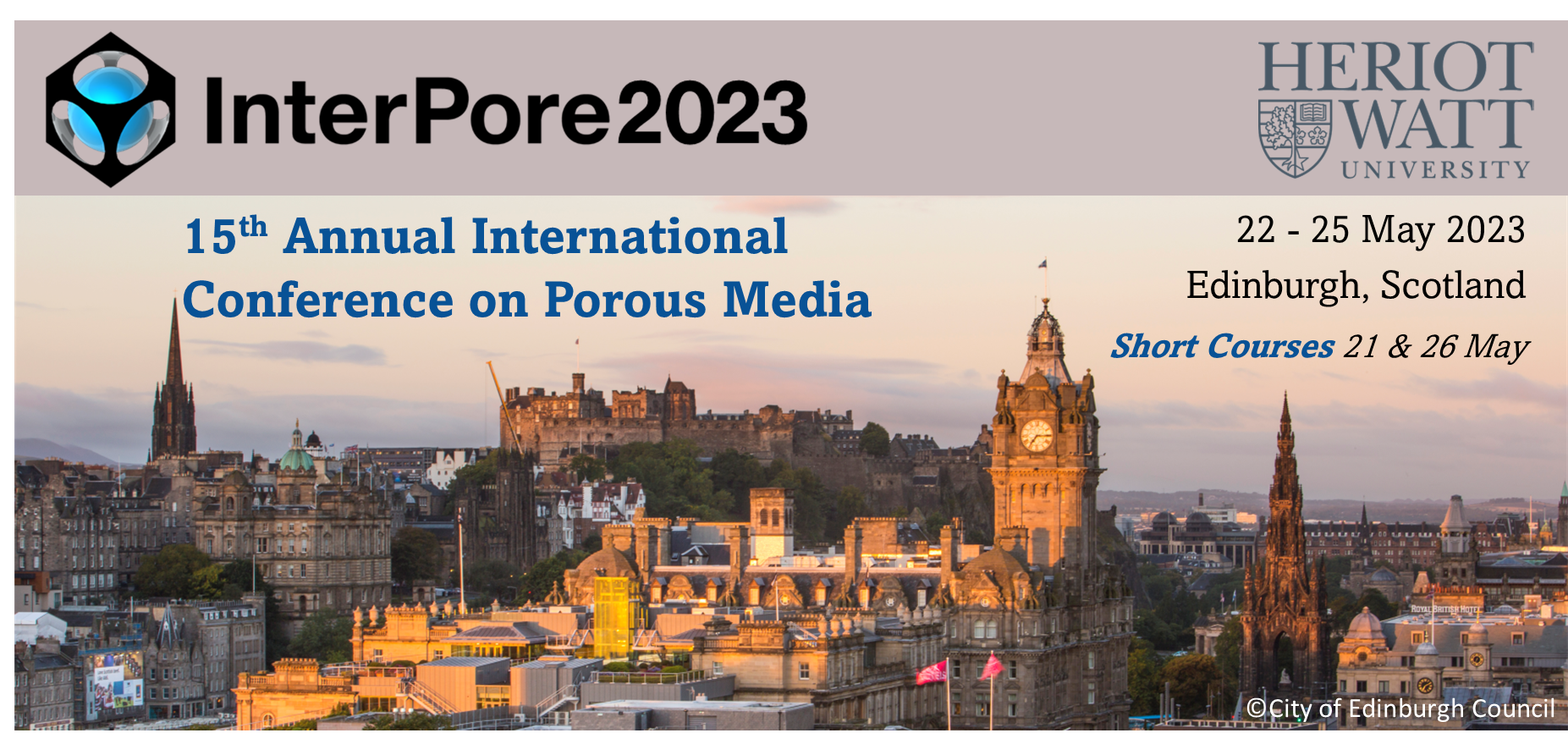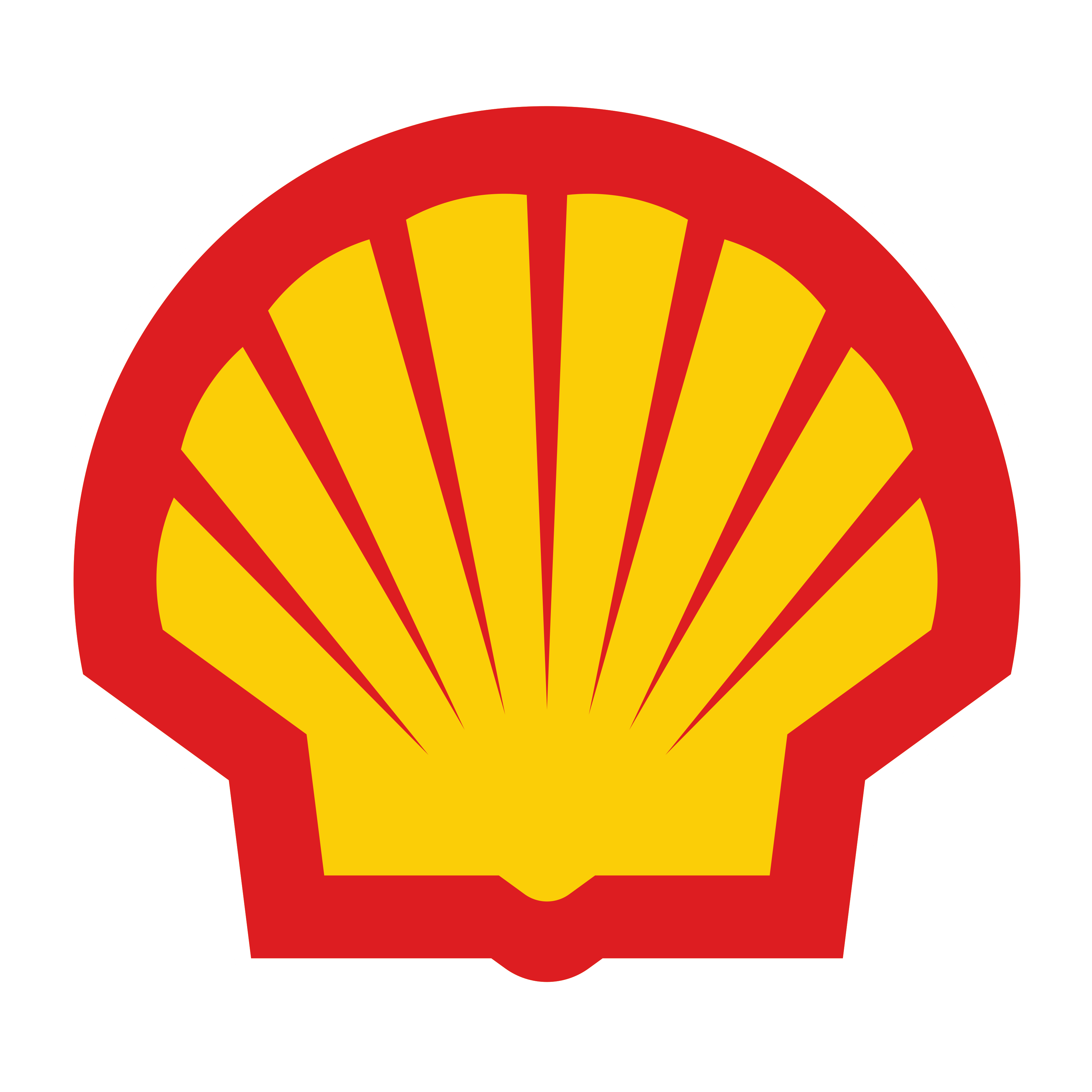Speaker
Description
Biogeochemical reactions taking place at the fluid-solid interface in porous media are central to a broad range of natural and engineered processes. As dissolved reactants are depleted at the interface, transport limitations can limit reactant availability and reduce effective reaction rates across the plume. Reaction efficiency is thus conditioned by the mixing action of advection and diffusion. We analyze the impact of chaotic advection, which has been recently established to occur spontaneously in three-dimensional porous media [1,2], on fluid-solid reaction efficiency compared to fully-mixed conditions. The efficient exploration of the bulk of the pore space associated with chaotic mixing leads us to conceptualize excursion times [3] of solute to the reactive surface as a stochastic restart process [4], such that advecting-diffusing reactant positions are randomly restarted homogeneously across the domain over a characteristic time scale that depends on flow and geometry. Processes that restart under some condition have received much attention in the context of search strategies, where it is known that they can increase the efficiency of the underlying process. We show that flow shear at no-slip solid interfaces sets the restart rate and controls the increase of reaction efficiency with Péclet number. This has the surprising consequence that, while chaotic advection sets the stage for enhanced reaction efficiency, the increase is insensitive to the "strength" of chaos as quantified by the Lyapunov exponent. The theoretical predictions are in excellent agreement with numerical simulations of reactive decay at solid surfaces in a crystalline porous medium, over a broad range of Péclet and Damköhler numbers.
References
[1] Lester, D. R., Metcalfe, G., & Trefry, M. G. (2013). Is chaotic advection inherent to porous media flow?. Physical review letters, 111(17), 174101.
[2] Heyman, J., Lester, D. R., Turuban, R., Méheust, Y., & Le Borgne, T. (2020). Stretching and folding sustain microscale chemical gradients in porous media. Proceedings of the National Academy of Sciences, 117(24), 13359-13365.
[3] Aquino, T., & Le Borgne, T. (2021). The chemical continuous time random walk framework for upscaling transport limitations in fluid–solid reactions. Advances in Water Resources, 154, 103981.
[4] Pal, A., & Reuveni, S. (2017). First passage under restart. Physical review letters, 118(3), 030603.
| Participation | In-Person |
|---|---|
| Country | Spain |
| MDPI Energies Student Poster Award | No, do not submit my presenation for the student posters award. |
| Acceptance of the Terms & Conditions | Click here to agree |







